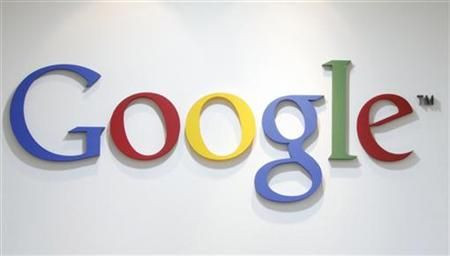8 reasons why Chromebook OS is awkward

Google’s cloud-based Chromebook comes with a lot of promises as it has started to ship, but the Chrome OS vision leaves a lot to be desired in reality.
The Chrome OS web apps cannot boast of the same quality as that of the real apps, be it on a tablet or a computer. It’s built on the lines of your webmail. The Chromebook is not a success as is the foundational Webtone idea that Google got from Sun Microsystems.
Some of the reasons why Chromebook OS can be called awkward are:
If you are travelling you could have all your money wasted in paying the wi-fi charges at the airports, Starbucks coffee shops, and hotels. The free Verizon Wireless 3G data access that you can get with one of Samsung's Chromebooks is 100MB a month. You can lose a good amount of money to have access to 3G data.
With streaming music, videos and moving photos from the online photo service, you can imagine the shooting charges that will come along. You can only play a cached version of Angry Birds in Chromebook, without a connection.
Google was quoted as saying that the Chrome OS will only get faster as time goes by because it automatically updates itself. But even if the OS had the ability to update automatically in the cloud, the achilles heel in the Chrome OS is the Internet connection.
And with the OS running on computers that try to stay light in the hardware department, it leaves consumers at the mercy of unstable 3G connections or the fluctuation through the day in their broadband connections. Not to mention most of the cellular companies will probably be putting data caps on their consumers running 3G that may cripple the potential of the devices.
By storing all your data in cloud, it’s a waystation from all other computers, your Chromebook acts as a brick. If you use a Chromebook only in wi-fi hotspots, such as at home and at the office, the meter won't be running. So, the Chromebook is more plausible in terms of reliable connectivity.
Don’t try to sync to your iPod, because you cannot connect to iTunes then. Neither can you sync to BlackBerry, Droid, Zune, or other media devices, unless of course iOS 5 comes to the market. Ironically, they may be the only devices that Chromebook can connect to as iOS 5 allows its devices to work without a computer.
Chromebook was hyped after Google’s announcement that claimed that you could afford to lose your ’ thin client’ as your data would be lying safe as it functions on the cloud platform. Google also pitched for it saying that Chrome OS will never need virus protection and that your files will always be safe in the cloud.
Recently, Kaspersky Lab warned that Google’s Chromebook may still be used by cybercriminals to steal information by building new types of malicious software.
Obviously, with all your data being available in the cloud, at one place, 24/7 through a fast Internet link, this will be a goldmine for cybercriminals. All that is necessary here is to get hold of the authentication tokens required to access the cloud account, Kaspersky Lab analyst Costin Raiu said in a statement.
If you don’t have an ePrint-capable wi-fi printer, you need a Windows PC on the network to act as a print server.
Chromebook, unlike iPads and other tablets, do not have Bluetooth, so you can’t get wireless peripherals.
© Copyright IBTimes 2025. All rights reserved.





















